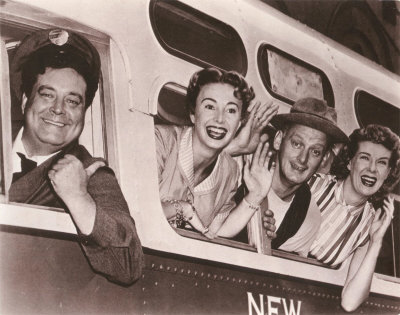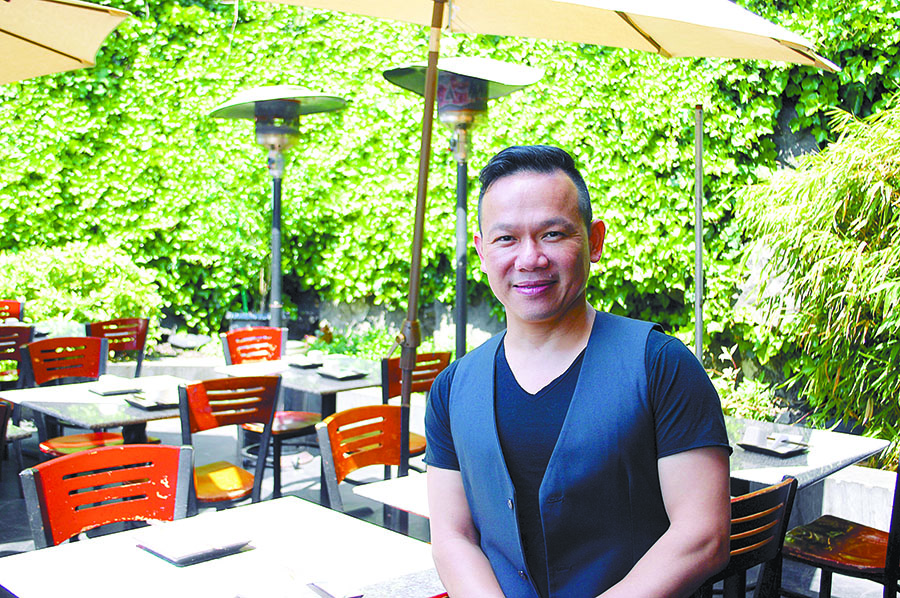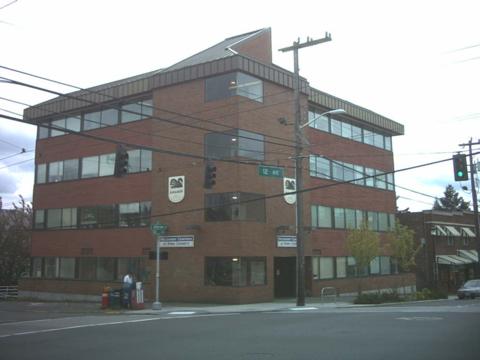It has been an unsettling year for King County Metro bus drivers.
They saw one of their own wounded in downtown Seattle by a lunatic’s gunfire in August, and another who in October drove the wrong way onto the Interstate 5 express lanes with an articulated bus full of passengers.
Then there was the driver who accidentally killed a pedestrian crossing at 11th and Pine on Capitol Hill, and more recently, the 61-year-old coachman fired for using an 8-pound rubber wheel block to beat the living daylights out of a passenger who spit on him. He told police he simply “lost it.”
Now, the county’s 2,672 full time and part time drivers are being called on Thursday to vote up or down a contract that imposes a one-year pay freeze.
Drivers are being squeezed because the state legislature has not approved new funding for transit and additional money to keep the wheels going round and round on King County’s fleet of 1,119 buses.
Currently on the table in Olympia is a $12.3 billion transportation package – featuring an 11.5 cents a gallon gas tax increase – proposed by Senate Republicans, of which a paltry 4 percent would be earmarked for transit, as well as bicycle and pedestrian improvements.
Metro bus drivers, whose average salary with overtime, is about $66,400 a year – which makes them the third highest paid in the nation – are being asked to approve a three-year labor agreement that also includes a flat raise in lieu of annual cost-of-living increases.
The current contract, which also guarantees 11 paid holidays to the 1,643 full-timers as well as 30 paid vacation days if they manage to make it 25 years, expired Oct. 31.
County number crunchers say the agreement would save an estimated $8.4 million to $12.7 million over three years, while saving some 40,000 hours of bus service – and presumably protect drivers jobs, too.
Linda Averill isn’t having it. A bus driver for 21 years, Averill told KUOW earlier this week that working conditions have worsened, buses are packed, and rest breaks have grown almost nonexistent. “And we’re being scapegoated for cuts to service,” she said, referring mainly to the elimination of free-ride zones in downtown Seattle.
Averill predicts the labor agreement will be handily defeated by union members, represented by the Amalgamated Transit Union Local 587.
“Many of us feel this (proposed contract) is an attack on the workforce,” she said.
ATU President Paul Bachtel did not return repeated phone calls left the past two days, and refused to meet with Seattle Weekly when a reporter showed up at his well-appointed Belltown office this morning.
Metro General Manager Kevin Desmond also declined comment.
Metro, meanwhile, says there will be a 17 percent cut in bus service next year if state lawmakers fail to authorize the county to collect a motor vehicle excise tax of up to 1.5 percent on the value of vehicle.
Without new funds, Metro says it will begin to start slashing service by June of 2014.








